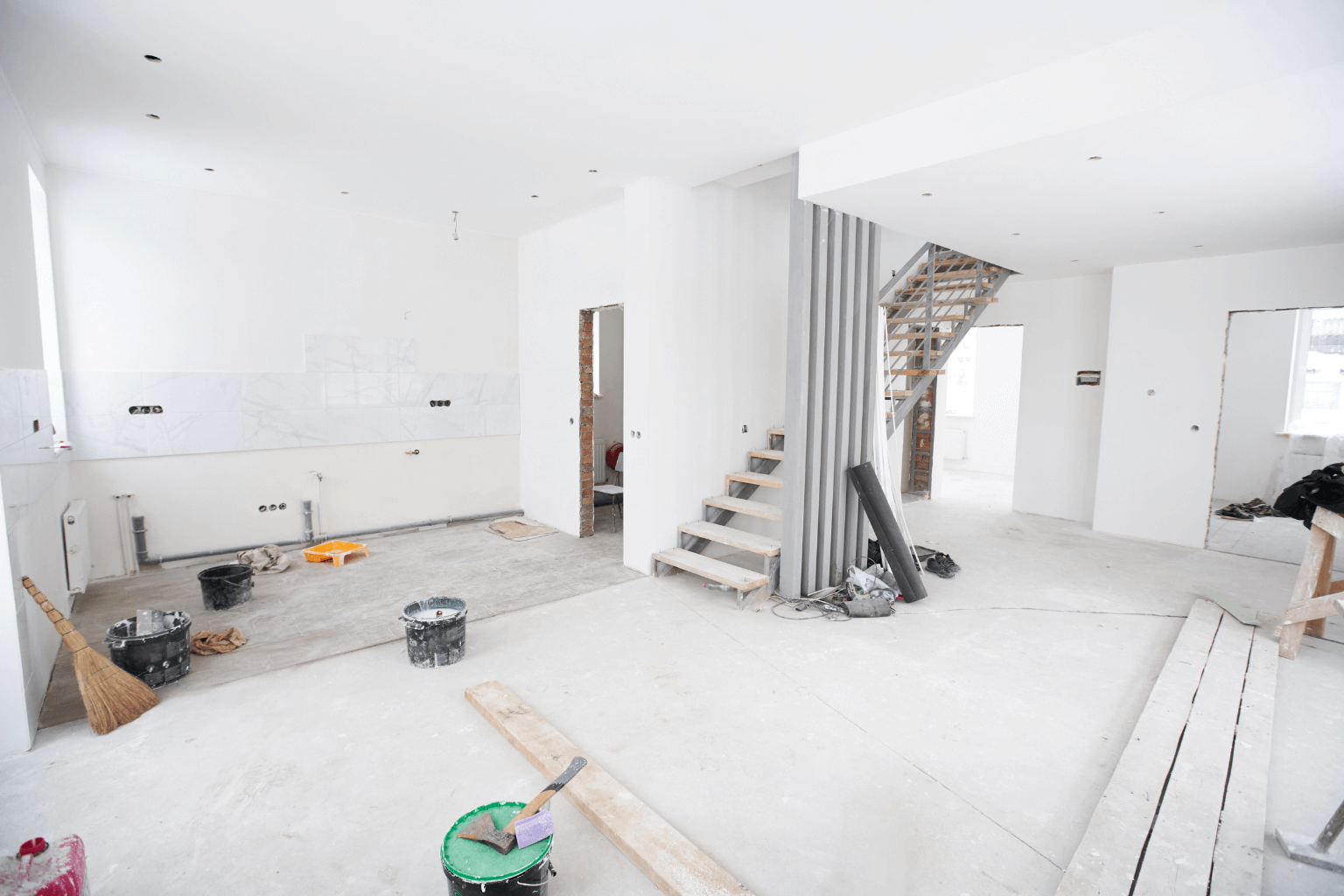How to Sell a House With Unpermitted Work
Selling a house with unpermitted work can be tricky, but we can navigate it together. We must disclose all unpermitted modifications to remain compliant and protect ourselves from liability. It's smart to consider obtaining retroactive permits or hiring a licensed contractor to ensure everything meets code. We can also sell our house as-is, while being transparent with buyers about the work that has been done. Let's examine how we can manage this process smoothly and still secure a fair deal for our home.
What Does “Unpermitted Work” Mean?
Unpermitted work refers to home improvements or changes made without the proper building permits. This could include adding a room, updating electrical wiring, or redoing plumbing—anything done without city approval.
Even if the work appears satisfactory, not having a permit can cause issues when it comes time to sell. Buyers may worry about safety or future repair costs. That's why understanding how to sell a house with unpermitted work is so important. We want to avoid surprises and protect everyone involved in the sale.

Must-Read Alert: While you're here, check out We Buy Houses With Code Violations. It's gaining serious traction and may offer insight if your situation involves more than permit issues.
Legal Obligations: Disclose Unpermitted Work in Texas
Disclosure Requirements
In California, sellers are required by law to disclose any unpermitted work or improvements to buyers. This falls under the California Civil Code and the state’s real estate disclosure requirements. Failing to disclose such information can lead to legal issues, including lawsuits and canceled sales.
Being transparent builds trust and protects sellers from future claims. A buyer can back out of the deal—or even take legal action—if unpermitted work is discovered after closing. That’s why honesty isn’t just smart—it’s legally required.
Learn more about California home disclosure requirements and how failing to disclose can affect a home sale.
Consequences of Hiding Unpermitted Work
If we fail to disclose unpermitted work, we could be held responsible for repairs, fines, or even legal trouble. Even if we're in a hurry to sell, it's better to be upfront now than deal with costly issues later.

Options to Sell a House With Unpermitted Work
There's no one-size-fits-all answer. Fortunately, we have several options to choose from, depending on our time, budget, and goals.
1. Disclose and Sell As-Is
Selling as-is means we don't make any repairs—we inform the buyer of the condition they're purchasing. This works best when we're honest and price the home fairly. Investors and fixer-upper buyers often look for homes like this.
How does this work for more distressed properties? Check out this related video: Can You Sell a Condemned House?
2. Get a Retroactive Permit
Sometimes, we can apply for a permit after the work is done. This may involve inspections and possible repairs. While it can take time and money, it adds value to our home and makes it easier to sell.
If you're also dealing with a property tied to a divorce agreement, make sure all permits and legal matters are aligned before closing.
3. Hire a Licensed Contractor
A contractor can tell us what needs to be fixed or brought up to code. This option helps us sell more confidently and often gets us a higher sale price. It's also safer for everyone.

Pros and Cons of Selling As-Is
Benefits
- Saves time and money on repairs
- Appeals to cash buyers or investors
- Can close faster
Drawbacks
- Might get lower offers
- Smaller pool of buyers
- Still requires full disclosure.
If we choose this route, we should work closely with a real estate agent to price the home right.
Marketing and Negotiation Techniques
When we're selling a house with unpermitted work, effective marketing and negotiation techniques can make all the difference in attracting the right buyers. We should highlight unique property features, such as location, recent upgrades, and energy-efficient installations, to spark buyer interest. High-quality photos and detailed descriptions can create a visually appealing presentation.
Transparency about unpermitted work in our marketing builds trust and sets realistic expectations. Collaborating with a top local agent, experienced in this niche, helps us craft effective pricing strategies. Additionally, considering conditional offers allows for repair requests to be made during negotiations, facilitating smoother transactions. Understanding foreclosure risks can also help us position the property more effectively in the market.
Here’s a quick reference:
Marketing Technique | Negotiation Strategy |
High-quality Visuals | Conditional Offers |
Transparency | Flexible Negotiation Terms |
Unique Property Features | Leverage Local Expertise |
Why Real Estate Experts Matter
Selling a house with unpermitted work can be complicated, but we don't have to do it alone. A knowledgeable agent helps us:
- Set a competitive price using a Comparative Market Analysis (CMA).
- Understand local codes and disclosure laws.
- Find the right kind of buyers.
- Negotiate smartly and fairly.
If your home is located in a high-demand area like Belvedere, CA, you may attract more cash buyers willing to overlook specific permitting issues, especially if the price is correct.
Some sellers also choose to hire a real estate attorney to ensure all paperwork is in order.
Conclusion
Selling a house with unpermitted work doesn't have to be a nightmare. When we understand the rules, disclose honestly, and explore our options, we can sell with confidence. Whether we fix the issues, get permits, or sell as-is, the key is planning and being transparent. With the right help and smart strategies, we can turn this challenge into a successful sale.






